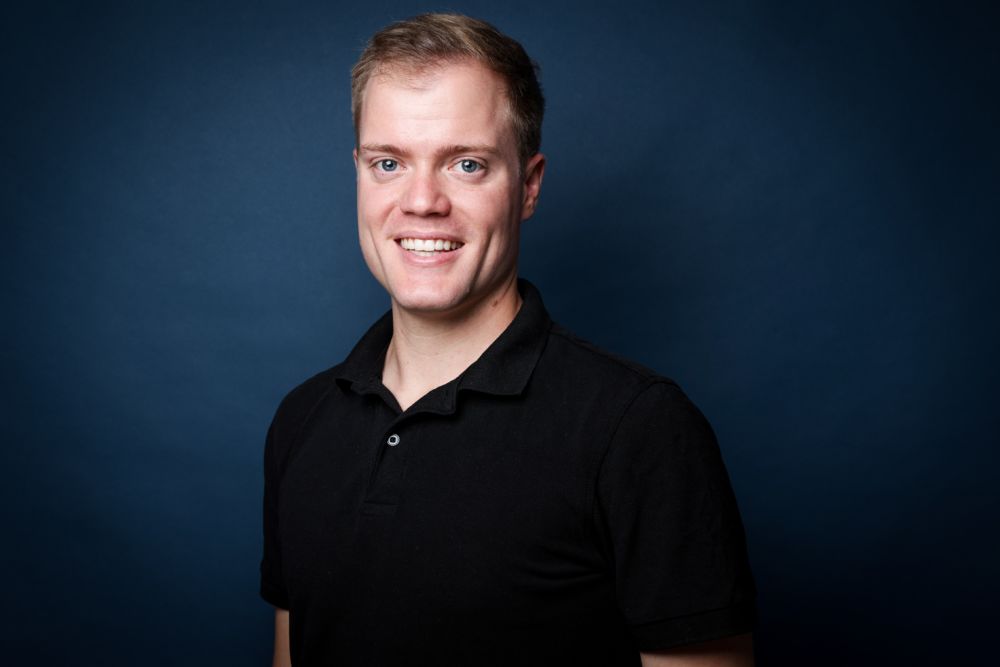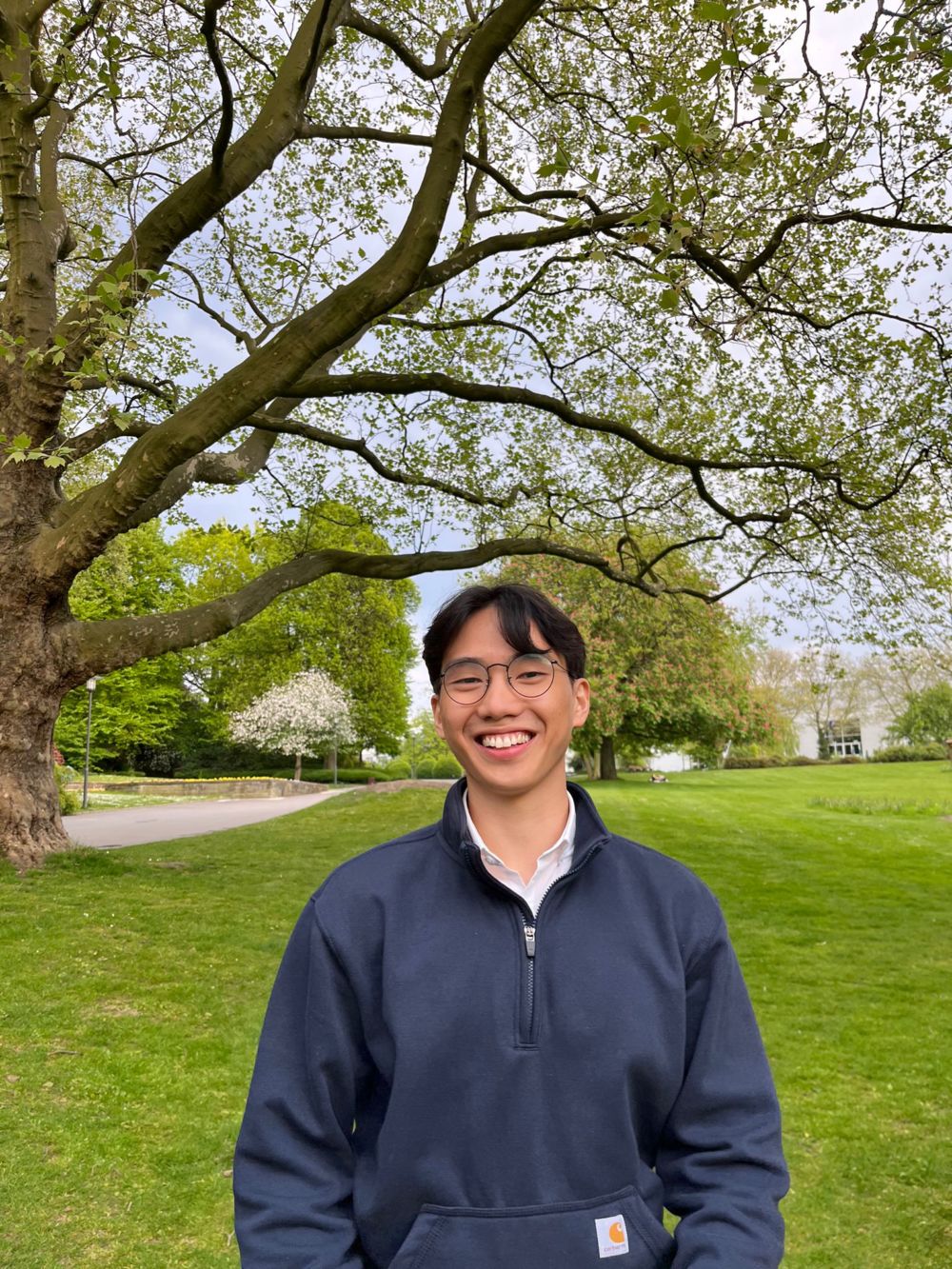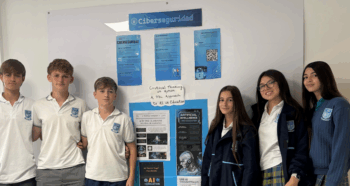Going to university in another country is the end goal for many Cambridge students – whether it’s to get onto a particular course, study at a specific institution, or simply to experience a different culture and lifestyle.
We know from our research that Germany is an increasingly popular destination for Cambridge students. It offers an unbeatable combination of world-class universities and a tuition-fee free public university system.
German higher education institutions are divided between universities, applied science universities and colleges of art, music or film, providing an impressive choice of programmes with many taught in English. For the academic year 2021-22, for example, over 1300 courses were taught only in English.
In my role as Recognitions Manager for Europe, I work with universities in Germany and also with DEGIS – the largest association for international students in Germany – to help smooth the path for Cambridge students who want to apply to a German university.
Moving abroad to study is a big decision, especially post-pandemic when life feels more uncertain. To support Cambridge students who might be considering Germany as a study destination, I’ve asked Jonathan Lätsch, Head of PR and Strategic Communication at DEGIS, to describe how his organisation helps international students coming to study at German universities.
Former Cambridge student Hosea Roberts, who moved from Malaysia to Düsseldorf in Germany, also tells us why he decided to study at a German university, and how DEGIS has helped him settle in.
Jonathan Lätsch, Head of PR and Strategic Communication, DEGIS

Many students find the prospect of study abroad daunting, and worry about leaving the comfort of their home country and then failing to adapt to a new environment. Students often don’t realise, however, that the benefits of studying abroad greatly outweigh the disadvantages. The experience can be incredibly rewarding and can help you understand another culture and language, and make new friends in another country.
Living in another country does have its challenges, however. Together with relocation experts Expatrio, DEGIS recently surveyed almost 2000 international students (representing 93 nationalities) currently living in Germany and found that the most common issues were the language barrier, the struggle to make friends, and finding accommodation.
This is why organisations such as DEGIS are so important. DEGIS provides a network for international students, helping them connect with other students and develop the skills they need to feel at home in Germany, and to succeed in their studies. Our goal is to build the largest community of international students in Germany and we have over 50 local DEGIS groups (known as City Chapters) across the country. Membership is free, and students help run Chapters and also take part in activities such as language workshops, run by professional language coaches, and launch their own initiatives.
Although most students contact DEGIS when they arrive, we can also help them before they leave home. In Berlin, for example, our City Chapter runs a ‘Cross-Check’ scheme where members visit accommodation on behalf of international students waiting to come to Germany, to make sure they are not being scammed. The DEGIS Buddy Programme, another very successful initiative, connects incoming students with students already here. Over 400 international students, already in Germany, took part in the Buddy Programme in summer 2022. We also talk to high school students in other countries who are interested in studying in Germany including a recent information session, co-hosted with Cambridge International, for over 250 high school students based in East and Southeast Asia.
Hosea Robert, student in Düsseldorf

University: Düsseldorf University of Applied Sciences, Germany
Degree: Bachelor of Engineering, Energy and Environmental Technology
Studied Cambridge programmes at: German-Malaysian Institute, Selangor, Malaysia
When considering German higher education institutions I first had to decide between a University of Applied Sciences, which emphasises practical skills, or a Universität, where study is more theoretical. Eventually, I decided on Düsseldorf University of Applied Sciences as it offered the ideal degree course, a Bachelor of Engineering in Energy and Environmental Technology which I thought would lead to great career opportunities. I was also very keen to study in a big city such as Düsseldorf as it would give me more opportunities to meet people, which I consider a very important part of the student experience.
I first had to obtain a Vorprüfungsdokumentation*, a process students must go through when applying to universities in Germany when their documents are verified and they are given a score – from 1 to 4 – on the German grading scale. With my Cambridge International A Level results (three A* grades) I obtained the highest possible German grade (a ‘1’) which meant I could apply to almost every top university in Germany.
I’m currently in my second semester (of a seven-semester course) and I’m finding that many topics were covered in my Cambridge International A Level studies. This has given me a strong foundation for my university courses and has also helped lighten my academic load, which is important given that I am now studying in German instead of English.
For me, life in Germany is very exciting. An everyday challenge for international students is having to communicate in a foreign language, and although this is tiring it’s also very rewarding. It continuously pushes you out of your comfort zone, and boosts your confidence, socially, and your resilience.
I feel that Germany is very safe and welcoming for international students, especially if you make the effort to use the language. One aspect I’ve had to get used to is German bureaucracy. Any administrative process, especially for foreigners, requires a lot of time and patience, but overall I would recommend Germany as a study destination for international students.
DEGIS allowed me to meet other international students and learn about living and studying in Germany. I now volunteer for DEGIS, which is also an opportunity to improve my social and leadership skills, both of which are very valuable to future employers. I would very much recommend DEGIS to international students looking to study in Germany.
*To find out more about the Vorprüfungsdokumentation visit the uni-assist website.
More information
About DEGIS (Deutsche Gesellschaft internationaler Studierender)
DEGIS is a not-for-profit organisation which supports international students before and during their stay in Germany through activities such as language workshops, volunteering opportunities and a Buddy Programme. Click here for more on becoming a DEGIS community member.
About Jonathan Lätsch
Educated in the US, Germany, Paris and London, Jonathan has worked at the Konrad Adenauer Foundation, the German Foreign Office and the United Nations, and is now responsible for partnerships and PR at DEGIS. Contact Jonathan on LinkedIn or follow on Twitter
Studying in Germany with Cambridge qualifications
Visit our Germany web pages to find out more about applying to German universities with Cambridge qualifications.
You can also read about the university experiences of other Cambridge students on our alumni pages.





